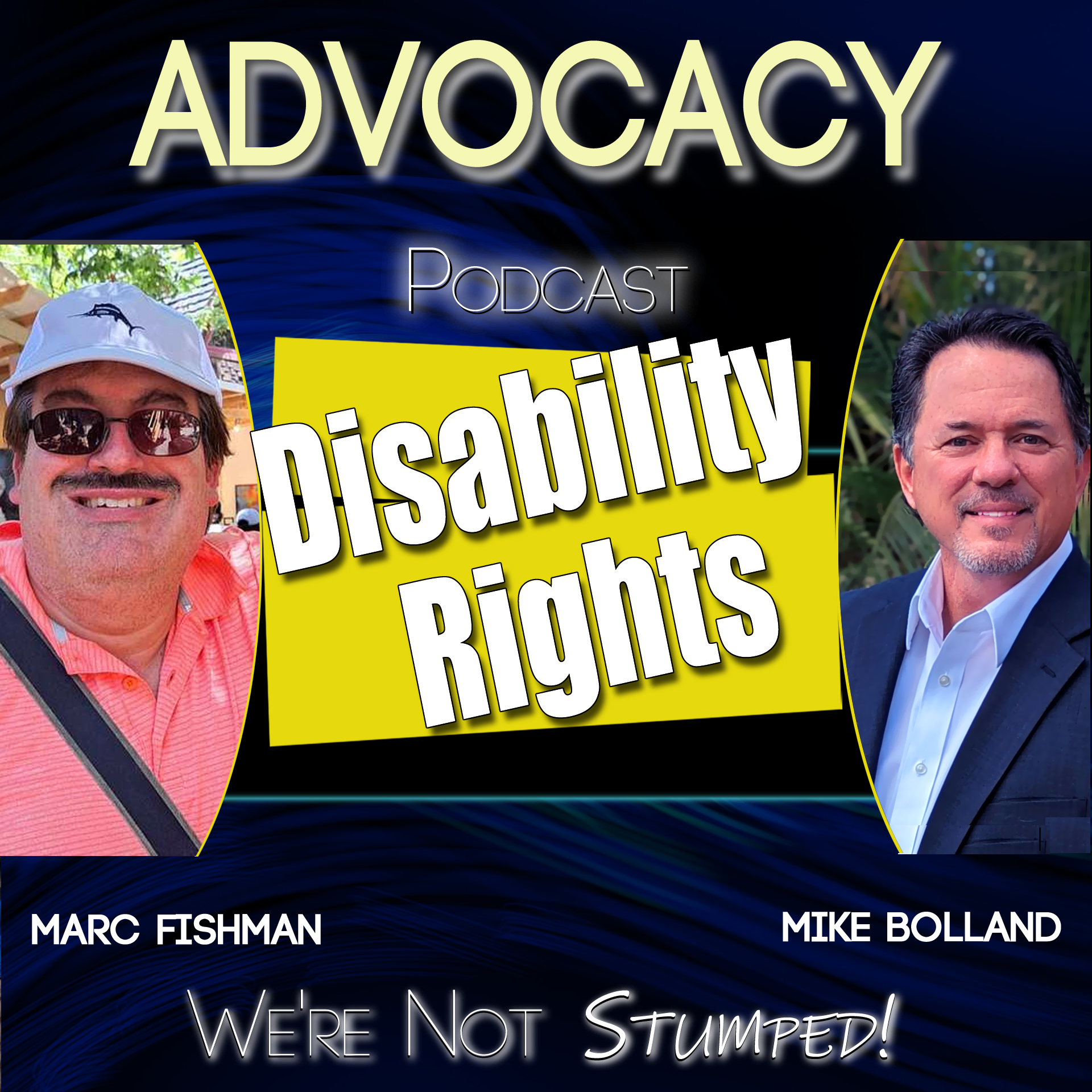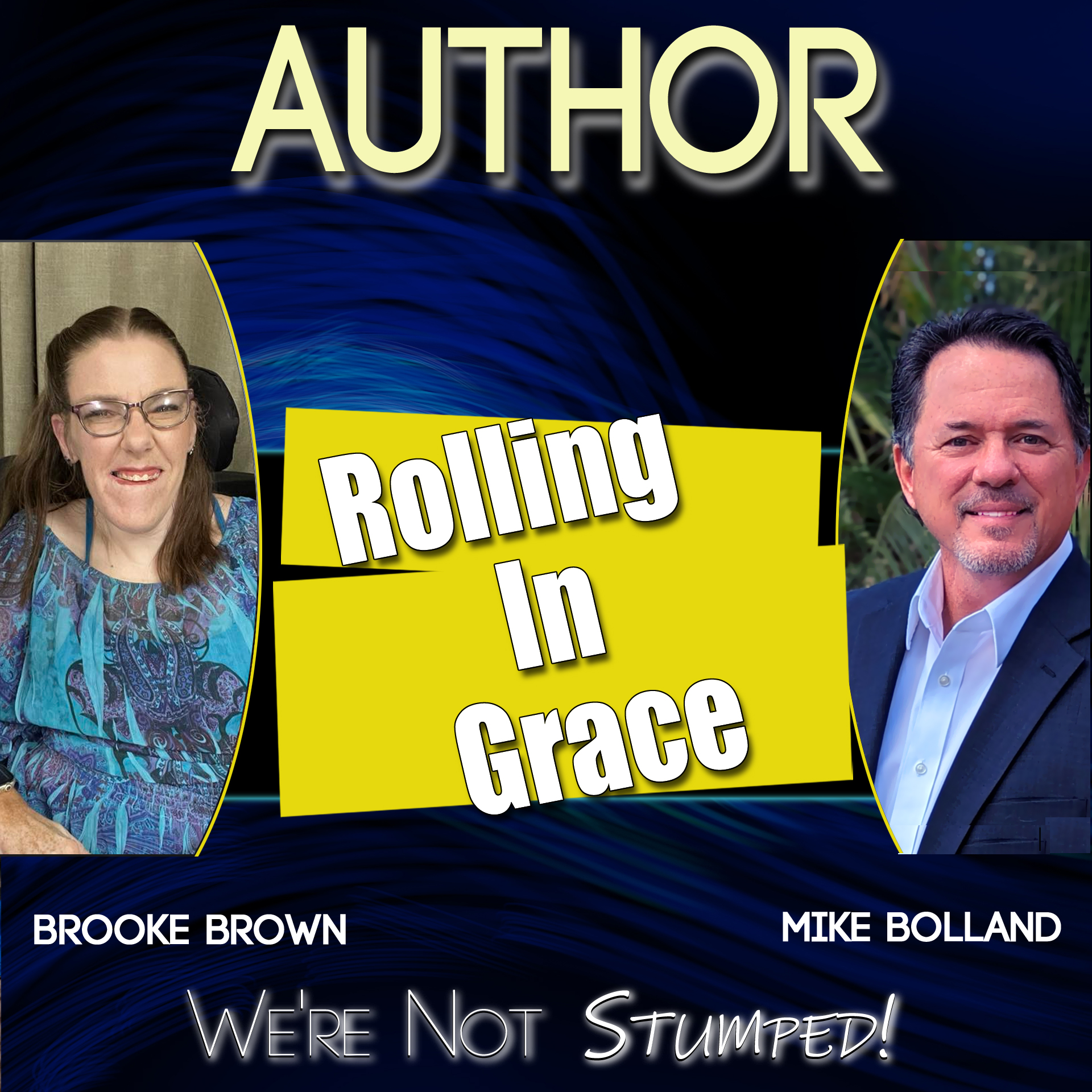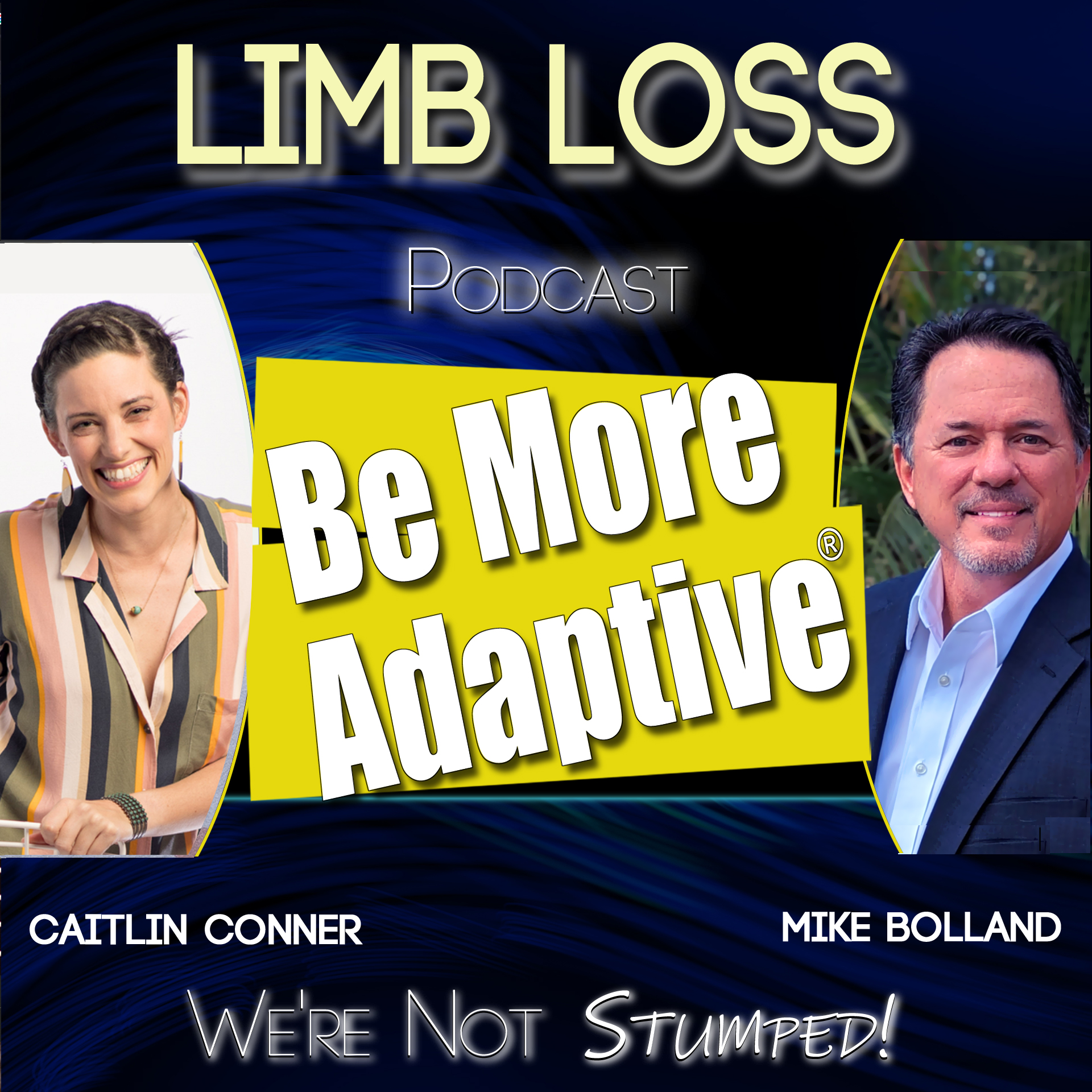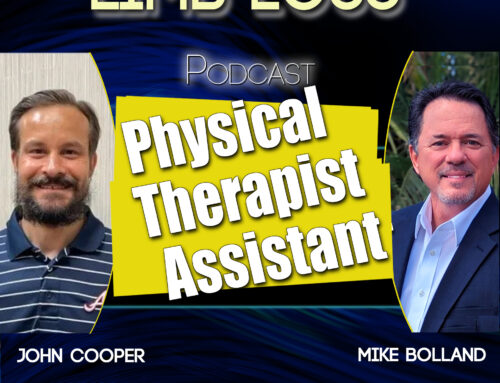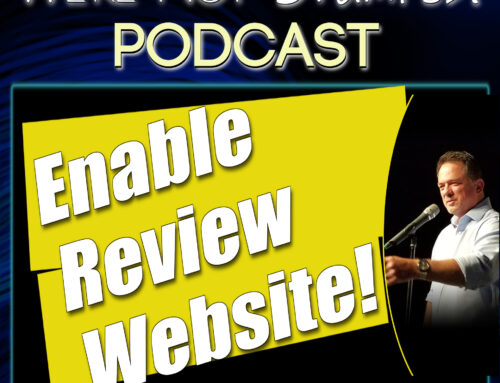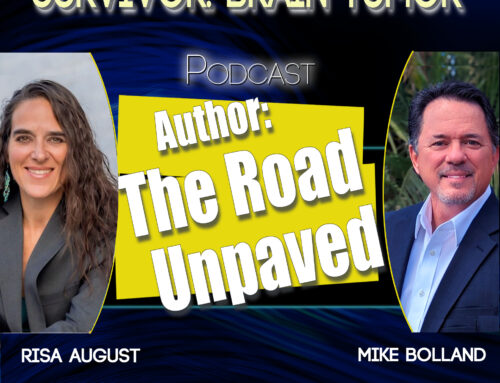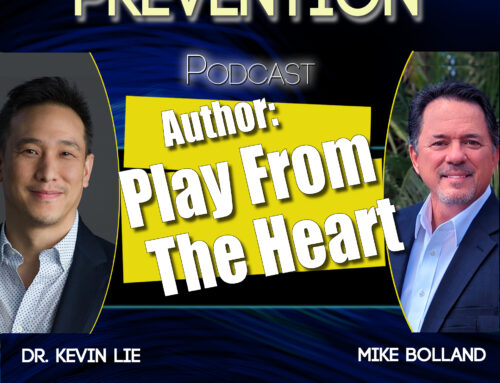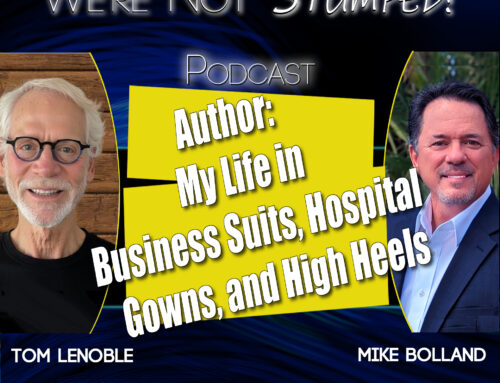In this powerful episode of We’re Not Stumped, Mike Bolland sits down with Kelvin Crosby , a remarkable individual whose journey from hearing loss and blindness to becoming an inventor, artist, and advocate will leave you inspired. Diagnosed with hearing loss as a child, Kelvin later lost his vision due to Usher Syndrome Type 2. He opens up about the emotional toll this took on him, including thoughts of suicide, and the turning point when he chose to embrace his deafblindness instead of letting it define him.
Kelvin shares how this decision sparked a new purpose in life—one rooted in helping others. His invention, the See Me Cane, is a game-changer for people with visual impairments. Designed to enhance safety and awareness, the cane features a light that gives users control over their environment while maintaining their ability to hear. Kelvin explains how this tool has not only improved his own life but also empowered others with confidence and mobility.
The conversation also explores Kelvin’s unexpected journey into pottery. Losing his vision at 32, he found healing through clay, eventually becoming the Deaf Blind Potter. What began as a side project blossomed into a thriving business and popular TikTok channel. Kelvin also shares his goal of funding 1,000 See Me Canes and his collaboration with an engineer to bring his invention to market.
Mike and Kelvin discuss his three podcasts—Perseverance Podcast, See Me Cane Podcast, and Investing in Accessibility—each focused on uplifting stories, product development, and accessibility innovation. They even touch on goalball, a thrilling Paralympic sport played by blind athletes.
Kelvin’s story is one of grit, creativity, and choosing joy. Whether you’re facing your own challenges or seeking inspiration, this episode reminds us that adversity can lead to purpose.
Links:
Personal Website: https://kelvincrosby.com/
DeafBlindPotter: https://www.deafblindpotter.com/
SeeMeCane: https://www.seemecane.com/
Listen on Apple Podcasts
Watch on YouTube
Listen on Spotify
Civil rights advocate Marc Fishman joins host Mike Bolland to shed light on a critical but overlooked issue: the routine denial of disability accommodations in America’s family courts. After a devastating car accident left him with long-term disabilities and communication challenges, Marc entered a 49-month legal battle—not just for his parental rights, but for his basic ADA protections. He details how New York courts repeatedly refused accommodations like real-time transcription, the federal ADA victories he secured, and how Tennessee v. Lane shaped his fight for access. Marc also reveals the retaliation he faced from judges and public officials and discusses his successful advocacy during COVID helping disabled tenants obtain rent grants. With recent legislative wins offering hope, Marc emphasizes the urgent need for accountability and reform to protect disabled parents nationwide.
Today, I’m honored to sit down once again with Brooke Brown — an “ink weaver of life, faith, and fiction,” an honors graduate of ASU’s Walter Cronkite School of Journalism, Ms. Wheelchair Arizona 2022, and founder of Brooke’s Butterfly Touch, a ministry that helps individuals discover the power and purpose of their own stories. Brooke is also the author of Rolling in Grace: Volume 1 — A Foundation of Faith and Imagination, now available in audio format. Having read it myself, I can promise you: it’s full of relatable, uplifting, and beautifully practical stories. Living with cerebral palsy and using an augmentative communication app, Brooke demonstrates that every voice — every single one — can inspire hope, healing, and opportunity. This is her second appearance on the show, so after watching, don’t forget to visit WereNotStumped.com to catch her first episode.
In this inspiring episode of We’re Not Stumped, host Mike Bolland sits down with Caitlin Conner, founder of Be More Adaptive, to explore how she’s building a global hub for disability resources designed to empower people with disabilities to live fulfilling, confident, and sustainable lives. Caitlin shares her powerful journey — from surviving a life-changing motorcycle accident while pregnant to becoming a Paralympic-level athlete, model, and outspoken disability advocate. She talks candidly about adapting to life as an amputee, the importance of self-advocacy, and how adaptive sports helped her rebuild her identity, purpose, and strength.

